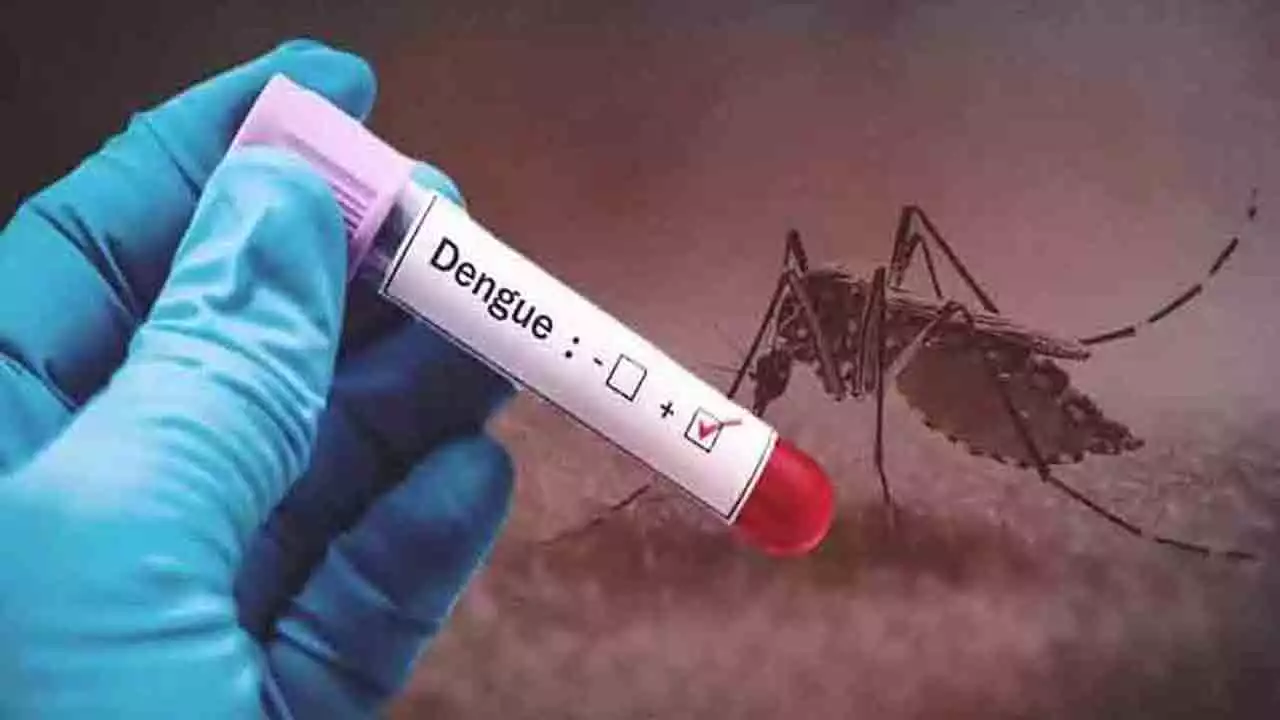The Ministry of Health in Pakistan has recently confirmed the third case of monkeypox (now referred to as m-pox) in the country for the year 2024. The latest case has been reported from Peshawar, adding to the growing concerns surrounding the spread of this viral disease. According to health officials, the patient in question had recently returned from the Middle East, highlighting the potential risks associated with international travel amid ongoing global outbreaks.
This recent case marks the twelfth instance of monkeypox reported in Pakistan over the past two years. The Ministry of Health has been closely monitoring the situation, with health authorities on high alert to prevent the further spread of the disease. The rise in cases, although still relatively low, underscores the need for continued vigilance and public awareness, particularly in light of the increasing number of monkeypox cases being reported globally.
Monkeypox, a rare viral disease that was traditionally confined to Central and West Africa, has gained international attention in recent years due to outbreaks in regions where the disease was previously unheard of. The disease is caused by the monkeypox virus, a member of the same family of viruses that causes smallpox. While monkeypox is generally less severe than smallpox, it can still lead to serious health complications, particularly in vulnerable populations such as those with weakened immune systems.
The symptoms of monkeypox typically include fever, headache, muscle aches, backache, swollen lymph nodes, chills, and exhaustion, followed by a rash that spreads across the body. The rash progresses through different stages, from macules to papules, vesicles, pustules, and eventually scabs. The disease is primarily transmitted to humans through contact with infected animals, but human-to-human transmission can also occur through respiratory droplets, bodily fluids, and contact with contaminated objects or surfaces.
In Pakistan, the detection of the third monkeypox case this year has raised concerns about the potential for the disease to spread within the community. The Health Ministry has reiterated the importance of early detection, isolation, and treatment of cases to prevent outbreaks. They have also stressed the need for public education on the symptoms and transmission routes of monkeypox, urging people to seek medical attention if they experience any symptoms associated with the disease.
The patient in Peshawar, who had recently returned from the Middle East, serves as a reminder of the global nature of infectious diseases in today’s interconnected world. With international travel resuming to pre-pandemic levels, the risk of diseases crossing borders has increased significantly. This latest case in Pakistan highlights the importance of stringent screening measures at airports and other points of entry to detect and contain potential cases of infectious diseases.
The Ministry of Health, in collaboration with provincial health departments, is taking steps to ensure that healthcare facilities are equipped to handle any potential monkeypox cases. This includes providing healthcare workers with the necessary training and resources to diagnose and manage the disease effectively. Additionally, the government is working on enhancing laboratory testing capacity for monkeypox, ensuring that suspected cases can be confirmed quickly and accurately.
Public health experts have also emphasized the importance of maintaining strong surveillance systems to detect and respond to infectious disease outbreaks. In light of the ongoing COVID-19 pandemic, the capacity of healthcare systems around the world has been tested, and the emergence of other infectious diseases, such as monkeypox, poses an additional challenge. Strengthening disease surveillance and response mechanisms will be crucial in managing not only the current monkeypox situation but also any future outbreaks.
Moreover, the international community is closely monitoring the situation as monkeypox cases continue to emerge in various parts of the world. The World Health Organization (WHO) has issued guidelines for countries to enhance their preparedness and response efforts, including recommendations for vaccination, contact tracing, and public health messaging.
The confirmation of the third monkeypox case in Pakistan for 2024 underscores the need for continued vigilance in monitoring and responding to infectious diseases. The Health Ministry’s proactive measures, including public education, screening at entry points, and strengthening healthcare capacities, are vital in preventing the spread of the disease. As the global community grapples with ongoing monkeypox outbreaks, it is crucial for countries to remain vigilant and prepared to protect public health and prevent further spread of the virus.



